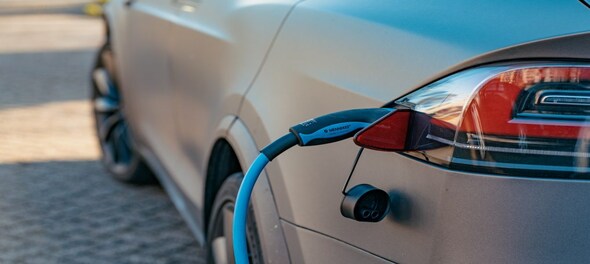In the recently-presented Union Budget 2022-23, the Centre made it clear that electric vehicles or EVs are going to be the future of mobility in India in the next decade. The annual sales of electric two-wheelers have witnessed an over 5x growth in this financial year, The Economic Times reported.
Despite the growth, EV penetration is still low at 0.8 percent. Some of the reasons for slow adoption are range anxiety, lack of charging infrastructure and high cost of cars. On the other hand, rising fuel prices have pushed buyers to think of more affordable vehicle options.
Here’s a look at the pros and cons of buying electric vehicles.
The biggest attraction of EVs is that it’s environment-friendly, having zero tailpipe emission. This means car owners can do miles of emission-free driving.
In a bid to battle pollution, a number of states have given EVs a major policy push, with introductory incentives such as waiver of RTO fees or road taxes. These have made ownership of EVs rewarding. EVs produce maximum torque right from the word go. Compared to ICE-powered vehicles, EVs are a lot more fun to ride due to their strong acceleration.
Running costs of EVs are lower compared to conventional vehicles. Customers do not have to pay for periodic servicing as EVs require nearly zero maintenance.
EVs are said to provide higher energy efficiency than fossil-fuel-based cars. According to Cars24, battery-powered cars get an energy efficiency of up to 62 percent compared to about 21 percent efficiency of fossil fuel-powered vehicles.
EVs charge on power that comes from the electric grid, which is often powered by fossil fuels.
The high price of EVs is one of the major deterrents. As the cost of batteries is high, the total cost of the vehicle is much higher than ICE vehicles.
Another major challenge for EV is the lack of infrastructure in India. EVs can go around 400 km on single charge and, therefore, a charging station is required at regular intervals.
Some owners plan to charge electric cars at home, which is a painfully slow process and can take up to 24 hours or more to reach a full charge. Owners can install faster power outlets, which entails a separate cost. “You’re basically installing something unique for the electric car -- there is a cost associated with that,” The New York Times quoted Alistair Weaver, Editor in Chief of Edmunds.com, as saying.
EV batteries are made out of rare earth elements such as lithium, nickel and cobalt which are extracted from the ground with very polluting processes.
The maintenance cost of an electric car is lesser than that of a conventional vehicle. However, spare parts are hard to find and can cost the owner dearly.In a bid to address concerns over range and charging of electric vehicles, Finance Minister Nirmala Sitharaman in the Union Budget announced that a battery swapping policy and inter-operability standards would be formulated soon.
The government would encourage the private sector to develop sustainable and innovative business models for battery swapping or battery as a service, the finance minister said.
(Edited by : Shoma Bhattacharjee)




